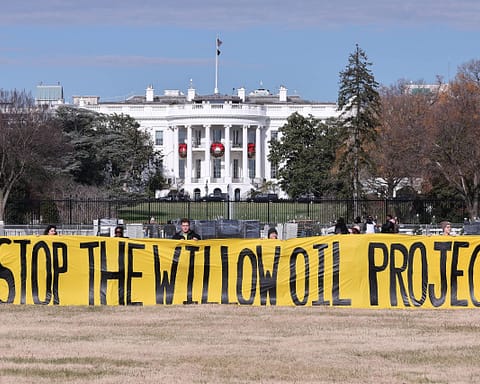BERLIN (Parliament Politics Magazine) – Chancellor Olaf Scholz denied on Sunday that Germany was opposing Western attempts of supplying Ukraine with heavy weaponry, adding that he would rather be cautious in his decisions.
Scholz is facing pressure at home and abroad to assist Ukraine in repelling Russian invasion by supplying Kyiv with heavy weapons like howitzers and tanks and supporting an immediate European Union embargo on Russian energy imports to deprive President Putin of hard currency that he needs to fund the war.
He makes his judgments quickly and in consultation with their partners, Scholz said in an interview with Bild am Sonntag. He regards hurried acts and rogue German endeavours to be dubious.
After weeks of pressure from abroad and at home, Germany confirmed its first transfer of heavy weaponry to Ukraine on April 26 amid doubt over its stance.
The German government, which is also trying to minimise its dependency on Russian energy imports, has approved the delivery of anti-aircraft Gepard tanks.
According to a poll, 55% of Germans believe that Europe’s largest economy should equip Ukraine with such weapons.
The choice, however, did nothing to change the public’s impression of Scholz being indecisive and lacking in leadership. Scholz’s handling of the situation was found to be unsatisfactory by 54 percent of respondents in a poll published in Bild am Sonntag. According to the study, his approval rating has dropped to 32%.
Berlin has been accused by critics, including Ukrainian ambassador to Germany of being slow to give Ukraine heavy weaponry and other steps that could aid Kyiv in repelling Russian soldiers, such as a ban on Russian energy imports.
They claim Berlin is failing to demonstrate the leadership expected of a big state, and that its hesitations – stemming from concerns about the economic impact of cutting off Russian gas supplies to Germany – are costing Ukrainian lives.
The Greens and Free Democrats, Scholz’s junior coalition allies, are more interested in delivering greater military aid to Ukraine.
Scholz has had to strike a compromise between their demands and those of left-leaning members of his party who argue that providing heavy weapons to Ukraine risks igniting the response of the Russian military in a third country and starting a conflict at the border.
Scholz, a Social Democrat whose party has long advocated for peace with Russia since World War II, warned that Moscow could perceive Germany as a contributor to the fight, resulting in a “third world war.”
Moscow refers to its efforts as a “special military operation” aimed at disarming Ukraine and removing anti-Russian nationalism instilled by the West. Ukraine and the West accuse Russia of launching an unjustified aggressive war.






